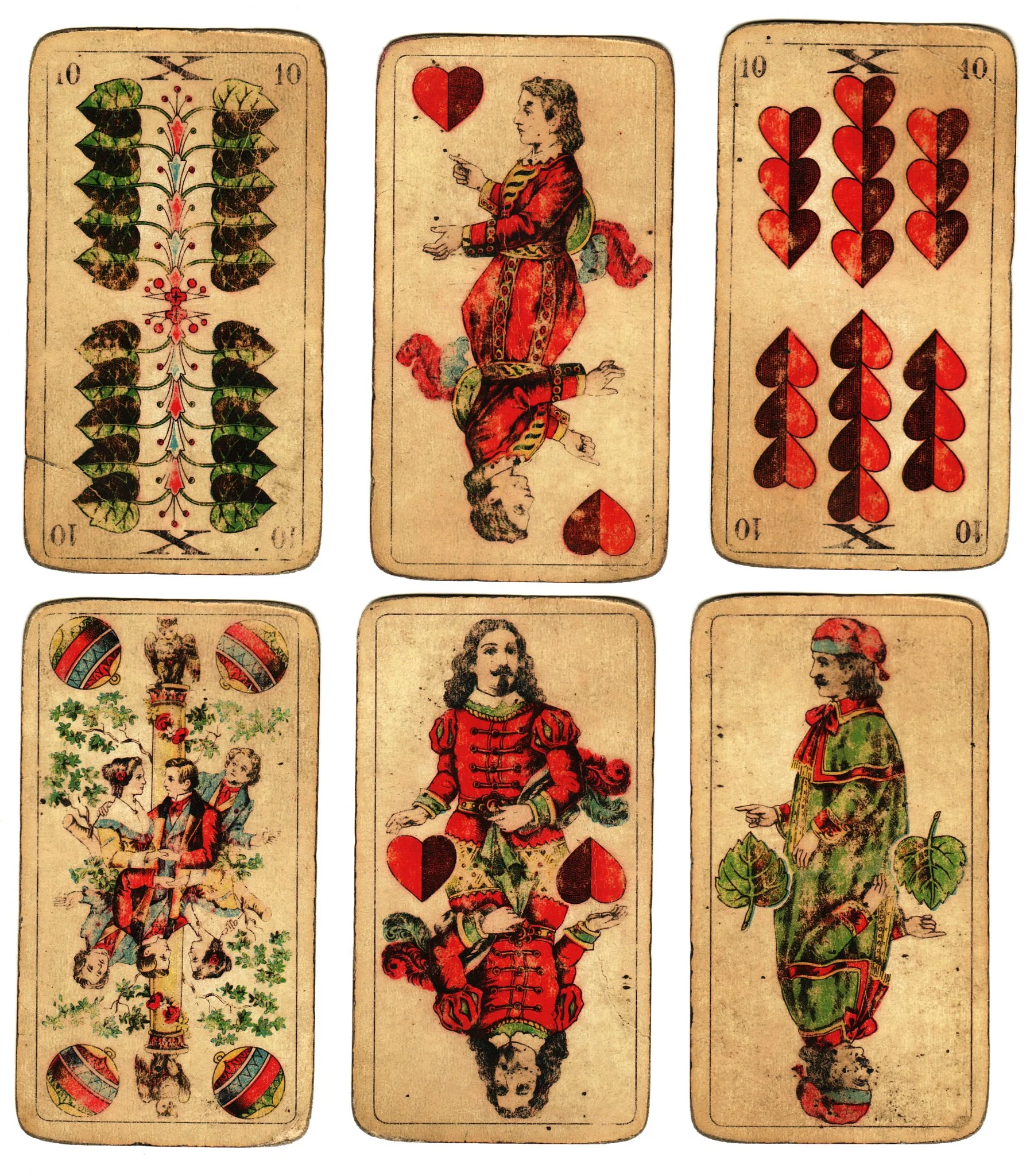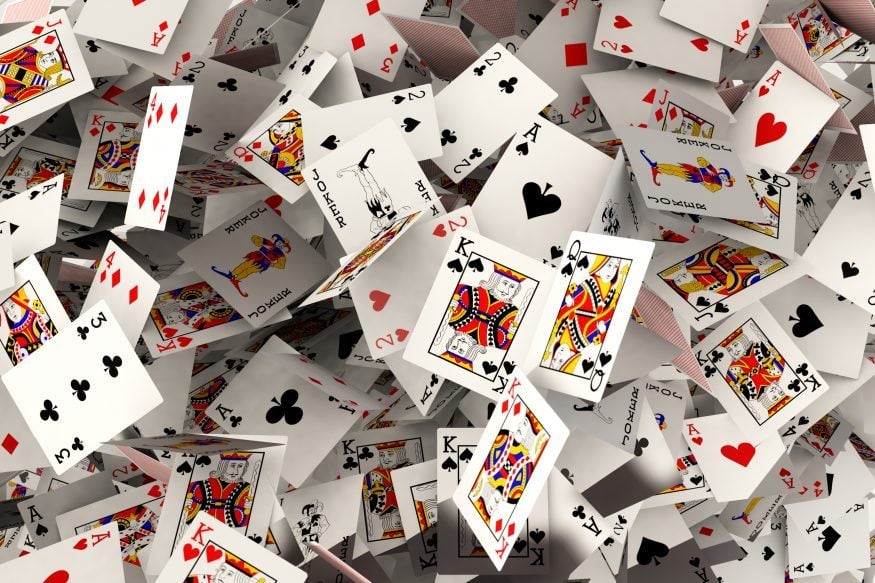Humans have been playing card games for much longer than you may expect. In fact, historians have recently uncovered evidence of very rudimentary playing card tiles and tablets dating back to 4000 BC or even earlier. The fact we’ve been playing card games for thousands and thousands of years is abundantly clear, although the nature of these games and how they relate to iconic games, such as blackjack or baccarat, that are still played today, requires more investigation.
Just to be clear, we’re not going to be focusing on modern card games like wrestling or Pokémon today – although that’s not to say these are not also iconic examples, especially considering the recent sale of a Dwayne “The Rock” Johnson card for $126,000. Nevertheless, our interest lies elsewhere.
Ask most people about iconic card games, and they’ll most likely mention blackjack, baccarat, and poker. These options reached a whole new level of popularity after the casino boom of the 18th and 19th centuries and are now firmly established in global culture. But how did they originate and gain popularity over the years? Keep reading to find out.
The prehistory of card games
Before we delve into the history of each specific card game, it’s worth exploring the prehistory of card games. Due to the remarkable abundance of playing cards nowadays, it can be tempting to accept that they have always existed. But this certainly isn’t the case, and early humans first had to invent playing cards to have any chance of forming the rules for games like blackjack or poker.
For a long time, it was assumed that card games were a medieval invention. Historians quickly agreed that playing cards originated in Asia, most likely in China or Persia. However, there is a disconnect between this discovery and how they arrived in Europe. Most experts believed that playing cards traveled along trade routes and eventually found themselves ingrained in European courts and other high-profile establishments.
Recent archaeological discoveries in China blew the medieval hypothesis wide open, with exciting evidence suggesting that communities as far back as 4000 BC were using basic playing card tablets to play simple games. While it’s impossible to verify whether these remnants were actually used to play card games, it does point to the surprisingly long prehistory behind blackjack, baccarat, and other iconic options.
A quick history of the most iconic card games
Now that we have a basic prehistory out of the way, it’s time to move our focus to specific card games and their respective histories. It’s always worth noting that the history behind these games is slippery and difficult to pin down accurately. Rules can change, and games often have different names across the world, so you cannot take anything as gospel. Check below for some of the most popular accounts of the history behind iconic card games:
Blackjack
Blackjack is arguably the oldest playing card game still played today, with its roots somewhere in antiquity. The game uses a deck of cards and pits multiple players (or one player and a dealer) against each other. Its premise is remarkably simple: the player to reaches 21 or as close as possible to this number wins. But remember: if your hand goes over 21, you lose.
Amazingly, there is written evidence that an early form of blackjack was played back in the 1500s. Cervantes, the famous Spanish novelist, mentions it in his story Rinconete y Cortadillo. This tale follows card cheaters as they employ early card-counting techniques, demonstrating the fact that blackjack was already firmly established in European culture.
Baccarat
Baccarat is another card game with a surprisingly long history. Some historians argue that it actually has its foundations in ancient Rome, although the game has evolved significantly since then. Most historians agree that the earliest form of modern baccarat was devised in the 1400s by Felix Falguiere. It was based on an old Etruscan legend involving a nine-sided die, with anything below six consigning the thrower to death by drowning.
Things aren’t nearly as severe in modern baccarat nowadays, although most players end up losing if they draw a six. While baccarat originated in Italy, it was made famous in France, where it was called chemin de fer. King Charles VIII was a huge fan and was instrumental in spreading the game further afield. A notable moment in the modern history of baccarat is the invention of James Bond, a baccarat player extraordinaire and spy, created by Ian Fleming.


